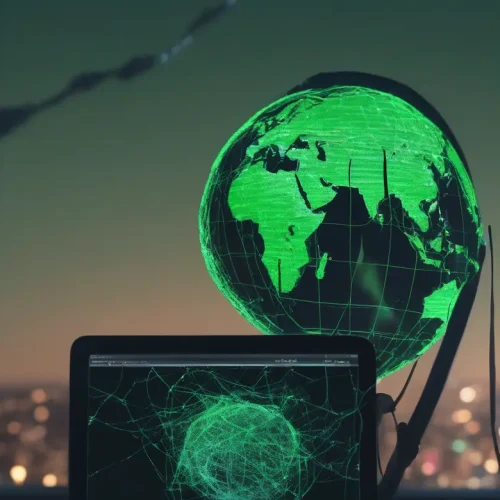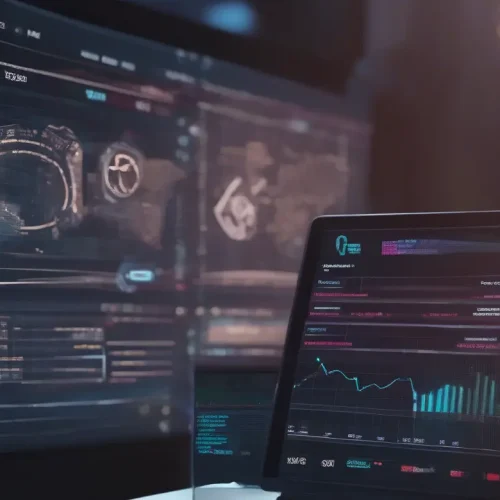Why You Should Delete Certain VPNs From Your Phone Right Now
Today, many people rely heavily on the internet. VPNs (Virtual Private Networks) help users access information freely and protect privacy. However, some VPNs may threaten your data security. Therefore, cybersecurity experts warn users to delete unsafe VPNs immediately. This warning is crucial, especially after recent cyberattacks.
Insecure VPNs: A Hidden Threat in Your Pocket
A VPN should shield you from threats online. But insecure VPNs act like intruders. They collect data without your knowledge. This data can include your app list, exact location, or private messages. The app then sends this data to unknown servers, and you don’t know what happens to it.
One warning sign is the permissions these VPNs request. For example, why would a VPN need access to your contacts, SMS, or photos? Legitimate VPNs only ask for permissions necessary to manage your internet connection. If an app asks for more, beware. Always check permissions carefully before installing any VPN.
Which VPNs Should You Delete?
Experts have named 19 risky VPNs, although their names are not always public. The key is to avoid free, unknown VPNs with suspicious features. Many come from companies with unclear records and no clear privacy policy. Moreover, these companies often make money by selling user data or showing intrusive ads.
Instead of focusing only on names, learn to spot warning signs. For instance, if your VPN shows too many ads or asks for odd permissions, delete it.
Signs Your VPN Might Be Unsafe
Here are some clear signs your VPN may compromise your security:
-
Requests unusual permissions like contacts, camera, or SMS
-
Has a vague or missing privacy policy
-
Slows your phone or drains battery quickly
-
Is completely free without any paid plan
-
Lacks transparency about servers and encryption
If your VPN fits any of these, remove it immediately.
Risks of Using Spyware-Loaded VPNs
Spyware VPNs threaten your privacy and security. They can steal your personal info and sell it. Worse, they might access your banking info or passwords. This could lead to identity theft, fraud, or blackmail. Even your family’s info could be exposed if you share devices.
Furthermore, some malicious VPNs also allow viruses or ransomware to infect your phone. Cleaning these infections is costly and difficult. Therefore, experts strongly advise: Delete these VPNs now and protect yourself.
How to Delete Unsafe VPNs and Choose Safer Options
Removing a VPN is easy. On Android or iOS, go to Settings > Apps, find the VPN, and uninstall it. Then, restart your phone to stop any leftover processes. For extra safety, scan your device with a trusted antivirus app.
After deleting unsafe VPNs, choose a VPN that respects your privacy. Look for these features:
-
Clear No-Log policy
-
Strong encryption and secure protocols
-
Reputable provider with a good track record
-
Positive reviews from users and experts
-
Transparent subscription model (usually paid)
-
Independent security audits
Using a trusted VPN is vital for staying safe online.
Conclusion: Protect Your Digital Life Today
Your data and privacy matter. While VPNs can protect you, using unsafe ones puts everything at risk. Cybersecurity experts warn that some VPNs carry malware and should be deleted immediately.
Check your VPN apps now. Remove any suspicious or free VPN that asks for excessive permissions or has no clear privacy policy. Then, switch to a reliable service. Protect yourself and your family by staying vigilant.
Remember: Online security is your responsibility. Act today to stay safe.






